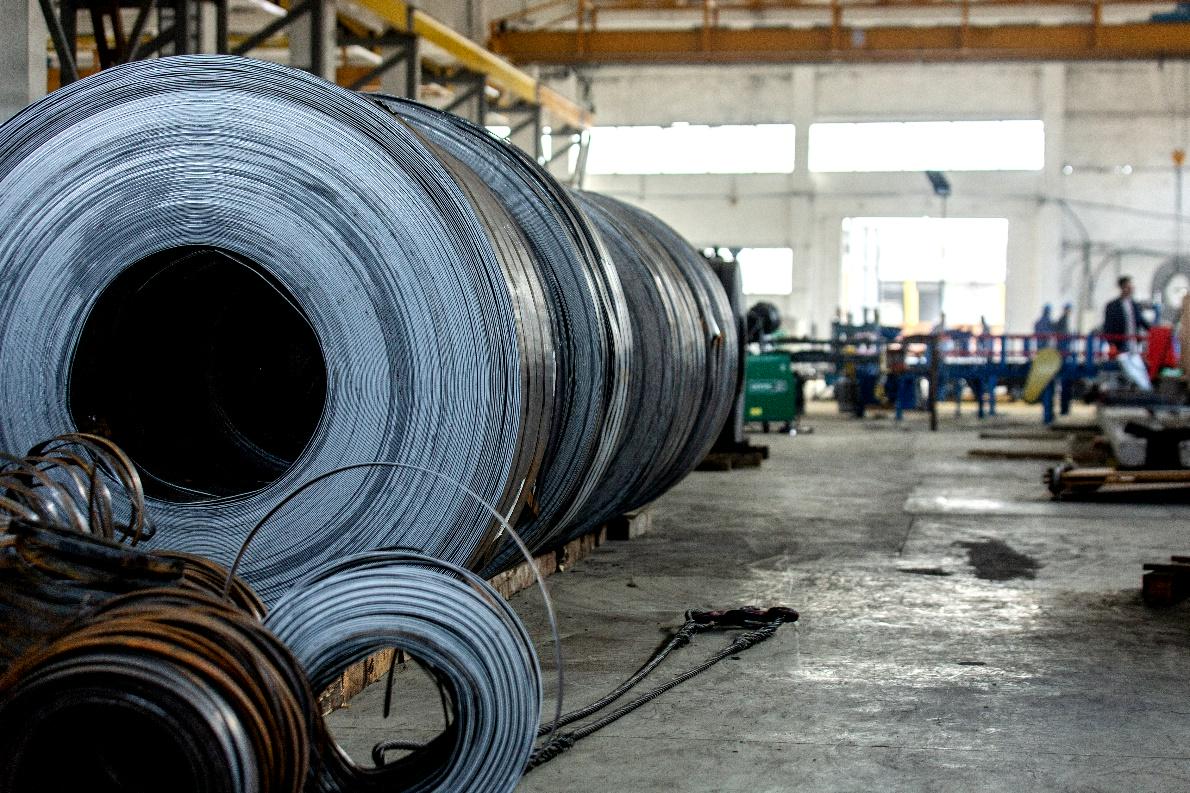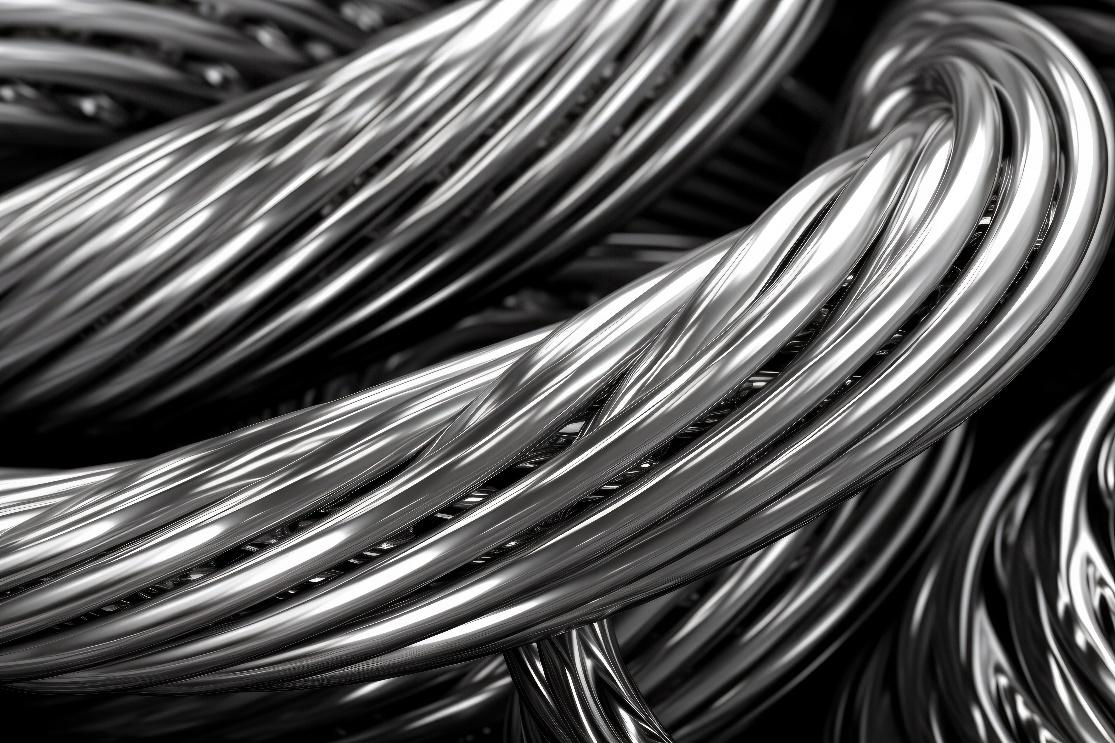Tips for Selecting the Right Stainless-Steel Wire
Date : Dec 10, 2024
When selecting the proper stainless-steel wire for your project, several factors
are essential
for offering quality and endurance. Understanding these essential components,
from the grade
and quality of the wire to finding trusted sources, will allow you to make
better choices.

Strength Requirements
- Understanding Tensile Strength:
For instance, the tension or tensile
strength required of a
spring wire (to keep its shape) must be high while that used in knitting or
weaving can have a
softer more pliable texture. For instance, the tension or tensile strength
required of a spring
wire (to keep its shape) must be high while that used in knitting or weaving
can have a softer
more pliable texture.
- Heat Treatment and Hardening:
Some applications require heat-treated or cold-worked
wire to
increase its durability. Wires may have already been processed and tested to
meet the specific load-bearing capacities that a project need.
Diameter and Thickness
- Wire Gauge:
Select the correct wire diameter for fit and function. More-
diameter wires provide the strength, yet less flexibility and thinner-
diameter wires have more flexibility but do not bear much weight.
- Tolerance and Precision:
It should have narrow tolerances for diameters when it is used in a certain machine or any
kind of electronics in critical components. Some small changes in thickness
can affect performance especially in precision-dependent applications.
Intended Use and Environment
- Temperature Variability:
For high-temperature applications, strong wires are
needed to withstand the highest temperature without losing their strength
and shape.
Check heat tolerance and temperature ratings specific to your use case.
- Wear and Tear:
Consider the wear and tear that is involved in its application. For
instance, in food processing, wires are anticipated to withstand rust and
contamination. Higher corrosion resistance is thus more important here.
Grade of Stainless-Steel Wires
- Stainless steel wire grades in the 400 series are classified as martensitic
and ferritic
stainless steels characterized by a unique combination of strength,
hardness, and
moderate corrosion resistance. Unlike the austenitic grades, those of the
400 series are
magnetic and may also be heat treated to harden them and increase their
strength,
making them ideal for certain industrial uses.
Grade 410 Stainless Steel Wire
- Overview:
410 grade steel is a martensitic stainless steel. It has good strength and
wear resistance
but lower corrosion resistance than austenitic grades such as 304 or 316. It
can be
heat-treated to increase toughness, making it an effective option for
challenging
environments.
- Applications:
Grade 410 Grade 410 is used mostly in cutlery, surgical instruments, and
valve
components in which durability and hardness are significant.
In comparison with other kinds
of stainless steel, it however cannot be applied to moist or highly
corrosive environments.
Grade 420 Stainless Steel Wire
- Overview:
Grade 420 is a martensitic stainless steel with high carbon, hence very hard
and abrasive when heat-treated. However, when compared to the austenitic
grades, corrosion
resistance is only moderate.
- Applications:
This grade is suitable for cutlery, surgical instruments and
industrial
blades where hardness and sharp edges are required. It is not recommended
for highly
corrosive environments as it has reduced resistance to rust.
Grade 430 Stainless Steel Wire
- Overview:
Grade 430 is a ferritic stainless steel with exceptional resistance to
oxidation and
stress corrosion cracking but relatively inferior corrosion resistance to
general
corrosion as compared to austenitic grades, for example, 304 or 316.
- Applications:
Applications include appliances, kitchen utensils, and automotive
trim because 430 is suitable for decorative
applications where the requirement for high rust
resistance is not anticipated, but rather needs to be aesthetically
pleasing.
Grade 440C Stainless Steel Wire
- Overview:
A high-carbon martensitic stainless steel with extreme hardness and wear
resistance, especially when heat-treated, this is known as grade
440C. It has minimal corrosion resistance but excellent hardness.
- Applications:
440C is commonly used for bearings, valves, and cutting tools. It's
desirable, but not recommended, for parts needing a
hard, difficult, and wear-
resistant surface.

Conclusion
Stainless steel flat bars are important materials used in many industries because
they are strong, long-lasting, and resist rust. They are useful in construction,
cars, manufacturing, and building designs, making them a cost-effective and
dependable option. Their ability to serve many purposes, along with their
attractive look, keeps them a favoured choice for both practical and decorative
needs.

